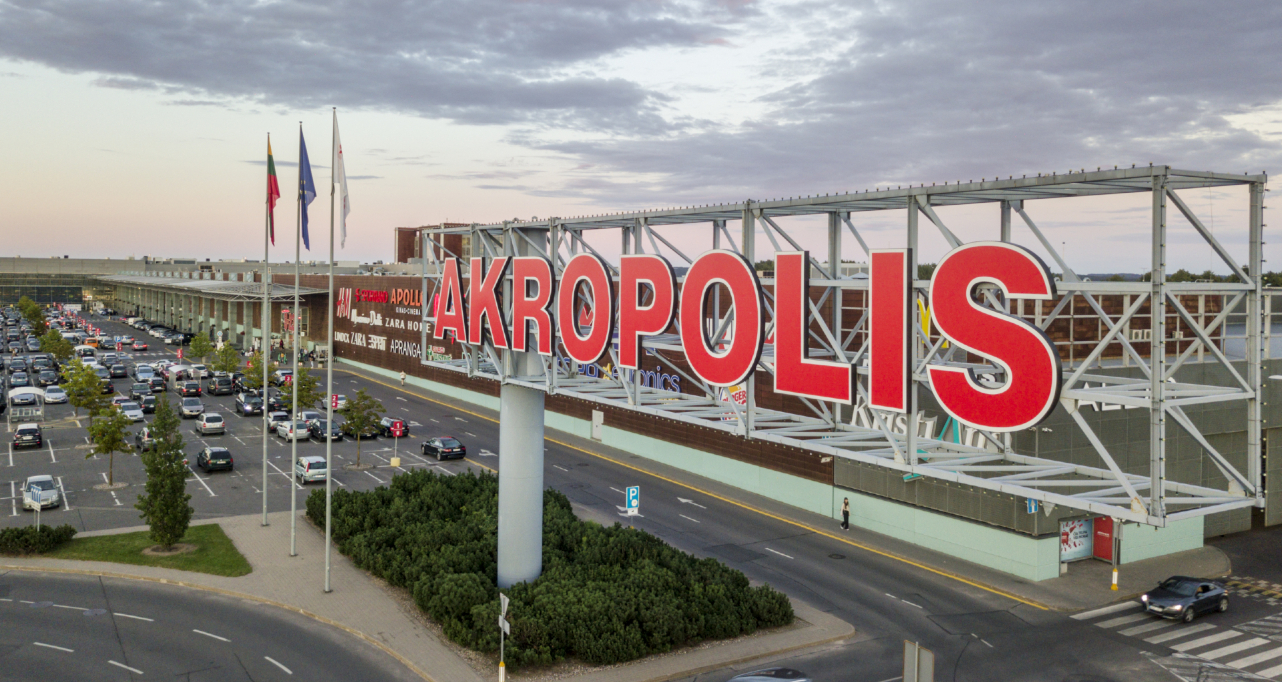As many as 42 percent of people attending the PLACES + SPACES webinar said that affordable and sustainable housing must be integrated into master planning for this type of projects to emerge in Poland. Best practices in creating such places were the subject of an event organised by ULI Poland and headlined by Jonathan F.P. Rose, author of “The Well-Tempered City” and American urban planner and developer of affordable and well-designed housing projects aimed at strengthening local communities.
In his book, which came out in Poland last year, Jonathan F.P. Rose leaves no doubt: cities are where the future of the entire planet and its inhabitants will play out. The biggest challenges include ever-growing economic inequality, thrown into stark relief by the entire lack or inadequate supply of affordable yet high-quality housing with good transport links.
Jonathan F.P. Rose aims to demystify what he calls “the curse or blessing of the zip code”. “We want people with lower income to be able to live with dignity even in neighbourhoods that are regarded as wealthier, and the better-off not to be afraid of living in an area that perhaps have an undeservedly bad reputation. Mixing incomes is really an essential part of creating thriving communities,” says President of Jonathan Rose Companies.
In line with Rose’s philosophy, the buildings developed by his company always follow with the rules of sustainability and a trend known in architecture as biophilic design, i.e. drawing inspiration from nature. The entrepreneur also tries to build his developments around the concept of circularity, making sure to incorporate solutions such as green patios, rainwater tanks and compost systems, community gardens and solar panels. With the subsidies the developer receives, the latter allows residents to save up to 10 percent on electricity.
Regardless of the residents’ income and related subsidy levels, the interiors are finished according to a similar specification. All residents can enjoy common areas, where the primary focus is on health and education: amenities include gyms, playgrounds, computer labs and even dedicated “common goods” rooms where residents can share household appliances. As Jonathan F.P. Rose points out, “If you have micro-spaces, you need maxi-community rooms. Carefully selected services and intergenerational integration programmes strengthen the community.”
In a poll conducted during the PLACES + SPACES webinar, participants indicated that affordable housing in Poland could be supported by not only including affordable housing in master plans by also financial incentives for developers, e.g. lower local taxes (36 percent of the respondents) and preferential loans (21 percent). This is not radically different from the reality that Jonathan F.P. Rose operates in. As Rose put it himself, “We can only build affordable housing where the land is cheap or if we’re heavily subsidized by the government or local governments. In the new development model, it costs us about $2 million in pre-development fees to get a project ready. Our development fee is approximately 10 percent. But our goal is not to maximize but to optimize profits.” What is different in the US is that such projects are co-funded by pension funds or wealthy families and low-interest loans.
“Our discussion with Jonathan proved that affordable doesn’t have to mean low quality and that the right business model and support for private business from state and local government can go a long way towards improving the housing situation in big cities. It’s worth mentioning that affordable housing, along with rental and social housing, is currently among the most sought-after projects by investors in Europe, as shown by our latest Emerging Trends in Real Estate® Europe report,” says Dorota Wysokińska-Kuzdra, ULI Poland Chair.
“The Well-Tempered City” by Jonathan F.P. Rose is now available in bookshops, also as an e-book.







